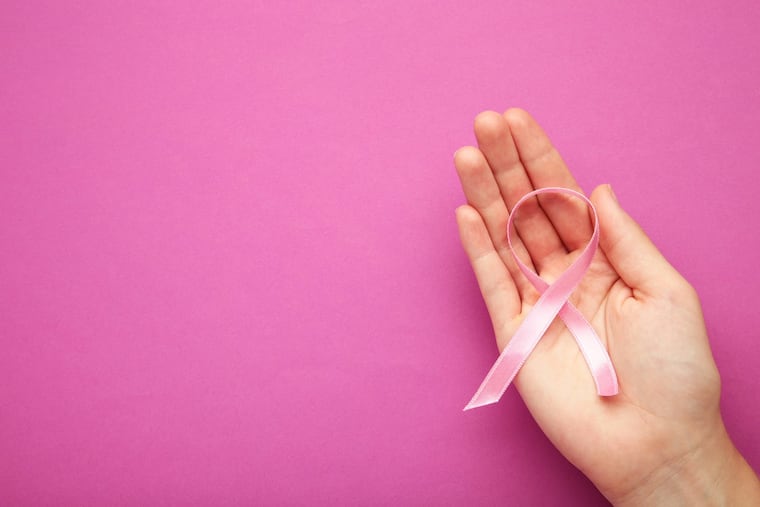The breast cancer treatment side effect that doctors don’t talk about: Sexual difficulties | Expert Opinion
An online survey found that 76% of these women suffered from sexual difficulties, with the most common symptoms being low libido, vaginal dryness, and pain with intercourse.

“Why didn’t anybody tell me about this?” thought Sue Weldon. She knew cancer surgery and chemotherapy would change her body. But she’d never heard anything about how it would affect sexual desire and function.
Weldon was 39 when she was diagnosed with invasive ductal carcinoma, the most common form of breast cancer.
When she got over her initial shock, she got into survival mode, focusing on the treatment and its physical side effects. Once she’d made it through that intense phase, she could turn her thoughts to other aspects of survival.
She was prepared for losing her breasts and dealing with surgical scars. But she hadn’t anticipated the deep sense of loss — “lost womanhood, breasts without sensations, painful intercourse and anal fissures,” she recalled.
Why were these aspects of survival never mentioned by her health care team? What could she do to reclaim her mind and body? Did other women have the same experience?
Weldon gradually centered herself through yoga, nutrition, and psychotherapy, and then started the Philadelphia-based organization Unite for Her in 2009. The mission of Unite for Her is to enrich the health and well-being of those diagnosed with breast and ovarian cancers by funding and delivering integrative therapies including exercise, acupuncture, nutrition, skin care, counseling, and sexual health during and after cancer treatment.
As a relationship and sex therapist and Unite For Her consultant, I have learned from my clinical practice that sexual difficulties are very common after cancer treatment. An online survey found that 76% of these women suffered from sexual difficulties, with the most common symptoms being low libido, vaginal dryness, and pain with intercourse. Young women who are diagnosed with breast cancer also experience concerns about fertility.
Men who are treated for breast cancer experience sexual side effects such as low libido, body image issues and erectile unpredictability. Sexual and gender minorities who are treated for breast cancer go through similar sexual difficulties, as well as the struggle to disclose their identities and unique concerns to health-care providers.
Black Indigenous People of Color (BIPOC) may experience delayed diagnosis and lack of access to high-quality treatment and, consequently, poor access to sexual health resources, as well.
I believe that sexual health counseling before, during and after cancer treatment should be provided to all patients regardless of their ability to pay. A detailed handout about sexual side effects and ways to address these issues could serve as a supplement for sexual health counseling.
Beyond information, referral to gynecologists, urologists, urogynecologists, sexual pain specialists, physical therapists, and sex therapists should be a part of survivorship programs for cancer patients, and essential resources should be covered by health insurance. These are the very first steps toward comprehensive and equitable sexual health care to people diagnosed with breast cancer.
Sabitha Pillai-Friedman is an associate professor at the Center for Human Sexuality Studies at Widener University and a relationship and sex therapist at Rittenhouse Relationship and Sexual Health. She has served as a sexual health provider for Unite for Her since 2015.